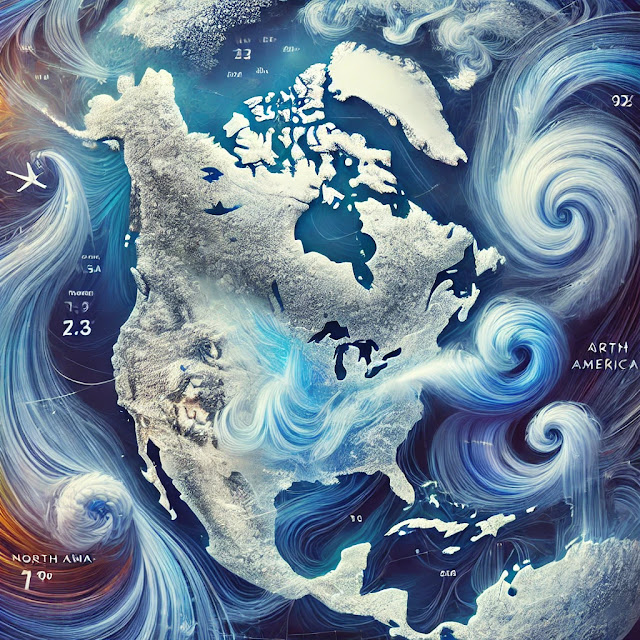What is Environmental Pollution?

Environmental pollution is the effect of undesirable changes in our surroundings that have harmful effects on plants, animals and human beings. A substance, which causes pollution is known as pollutant. Pollutants can be solid, liquid or gaseous substances present in greater concentration than in natural abundance and are produced due to human activities or happenings. Do you know, an average human being requires nearly 12 -15 times more air than food. So, even small amounts of pollutants in the air become significant compared to similar levels present in the food. Pollutants can be degradable, like discarded vegetables which rapidly break down by natural processes. On the other hand, pollutants which are slowly degradable, remain in the environment in an unchanged from many decades. For example, substances such as dichlorodiphenyltrichloroethane(D.D.T.), plastic materials, heavy metals, many chemicals, nuclear wastes etc., once released into the environment are difficult to remove. These pollutants cannot be degraded by natural process of environmental pollution, pollutants originate from a source and get transported by air or water or we are dumped into the soil by human beings.
Strategies to control Environmental Pollution
By now you must have started feeling the need of controlling environmental pollution. How can you save your environment? Think of the steps, which you would like to undertake for controlling pollution in your neighbourhood. Here, an idea about the strategies for the management of waste is given.
Waste Management
Solid waste is not the only waste, which you see in your household garbage box. Besides household discards, there are medical, agriculture,industrial,and mining wastes. The improper disposal of wastes is one of the major causes of environmental degradation. Therefore, the management of wastes is of utmost importance.
Collection and Disposal
Domestic wastes are collected in small bins, which are then transferred to community bins by private or municipal workers. from these are collected and carried to the disposable site. At the site, garbage is sorted out and separated into biodegradable and non- biodegradable materials such as plastic, glass, metal scrapes etc. are sent for recycling. Biodegradable wastes are deposited in land fills and are converted into compost.
The waste if not collected in garbage bins, find its way into the sewers. Some of it is eaten by cattle. Non- biodegradable wastes like polythene bag, metal scrapes, etc. choke the sewers and cause in convenience. Polythene bags, if swallowed by cattle can cost their lives also.
As a normal practice, therefore, all domestic wastes should be properly collected and disposed. The poor management causes health problems leading to epidemics due to contamination of ground water. It is specially hazardous for those who are in direct contact with the waste such as rag pickers and workers involved in waste disposal, as they are the ones who handle waste materials mostly without protective device such as gloves or water proof boots and gas masks.






Comments
Post a Comment